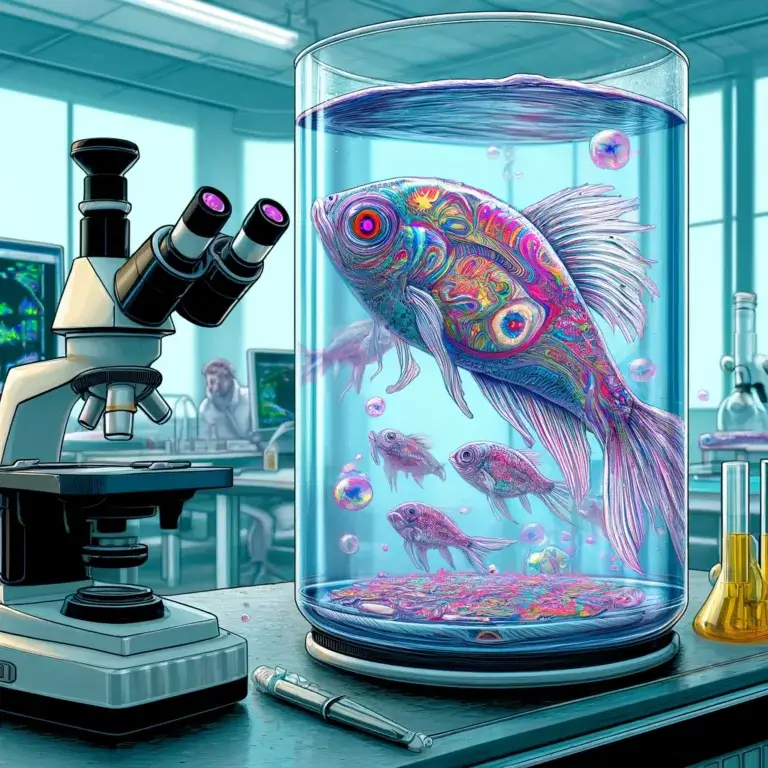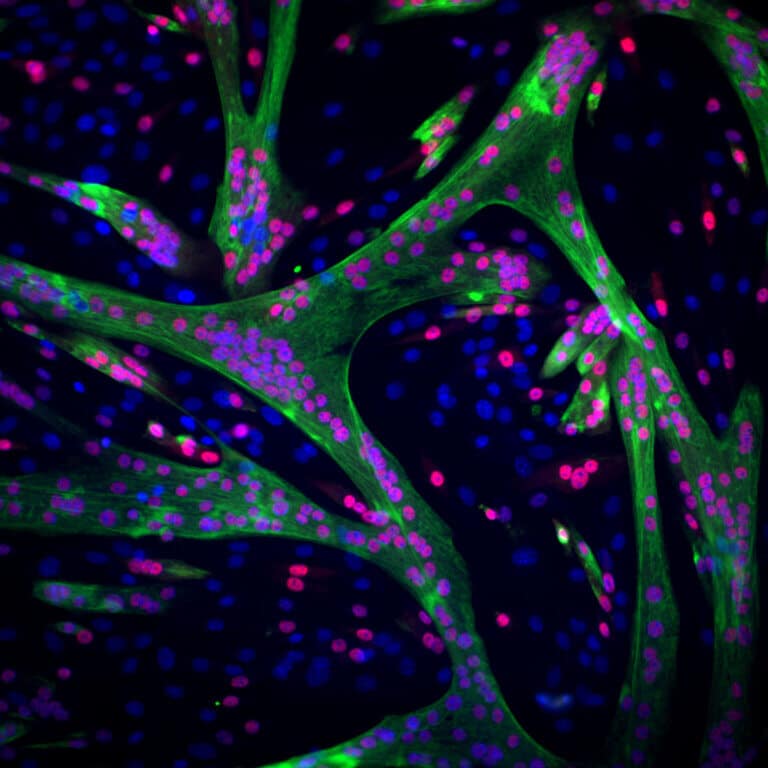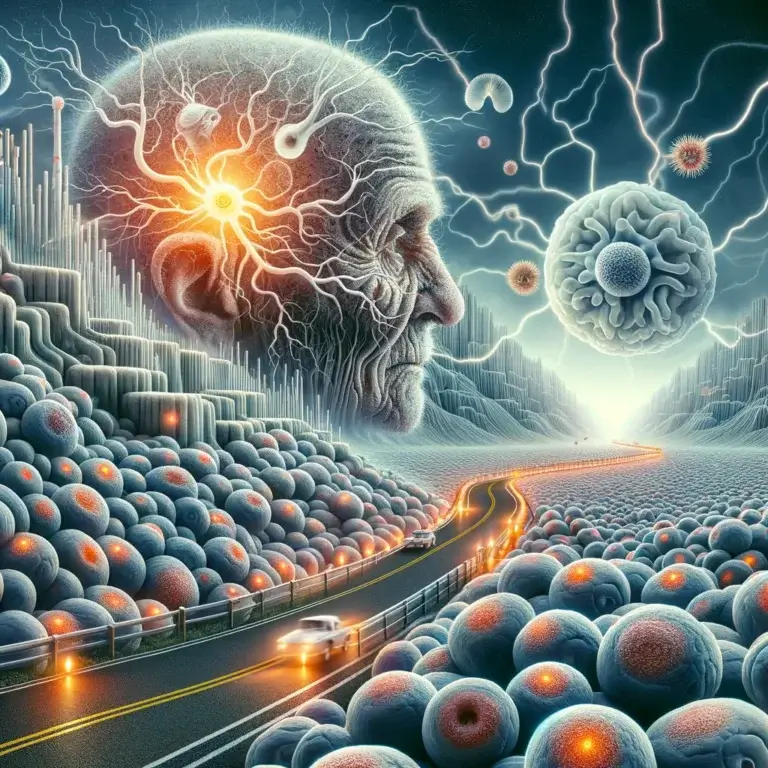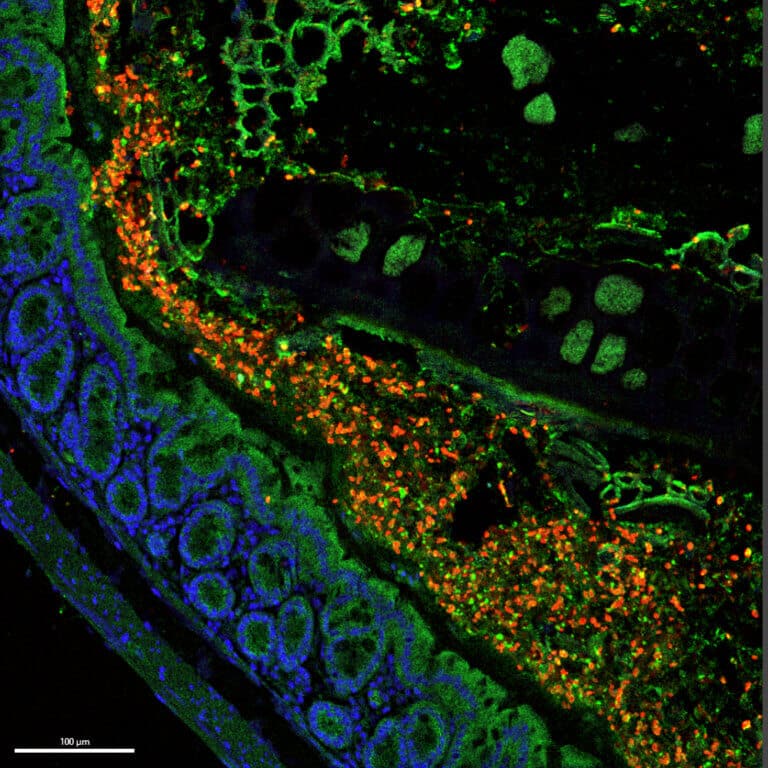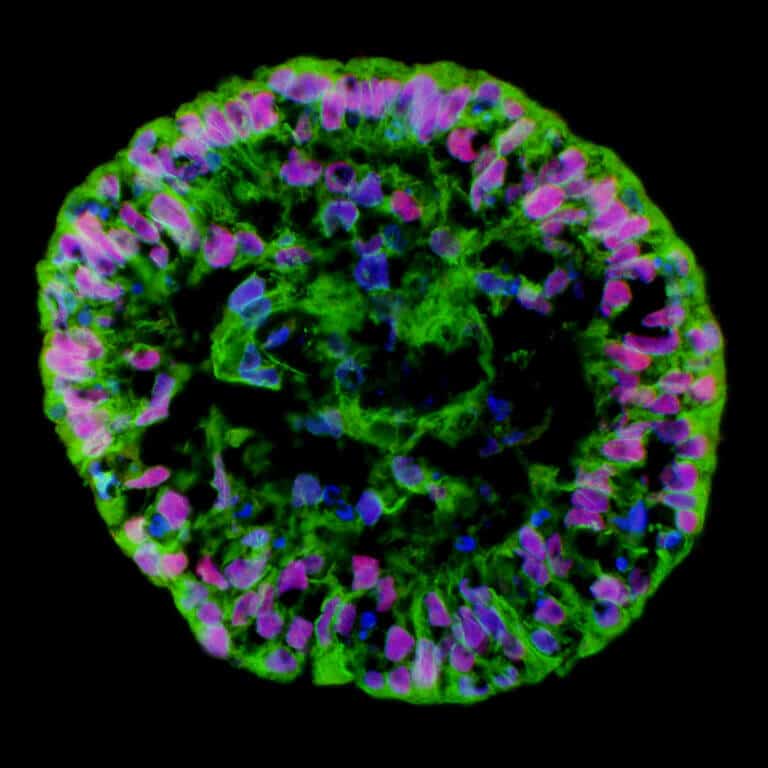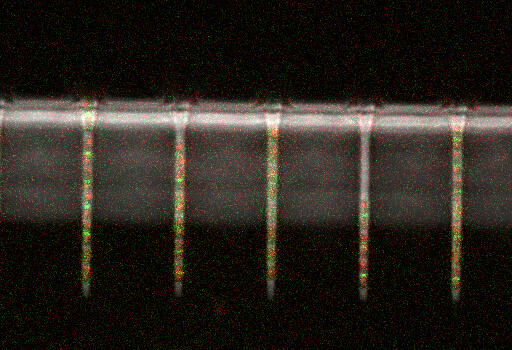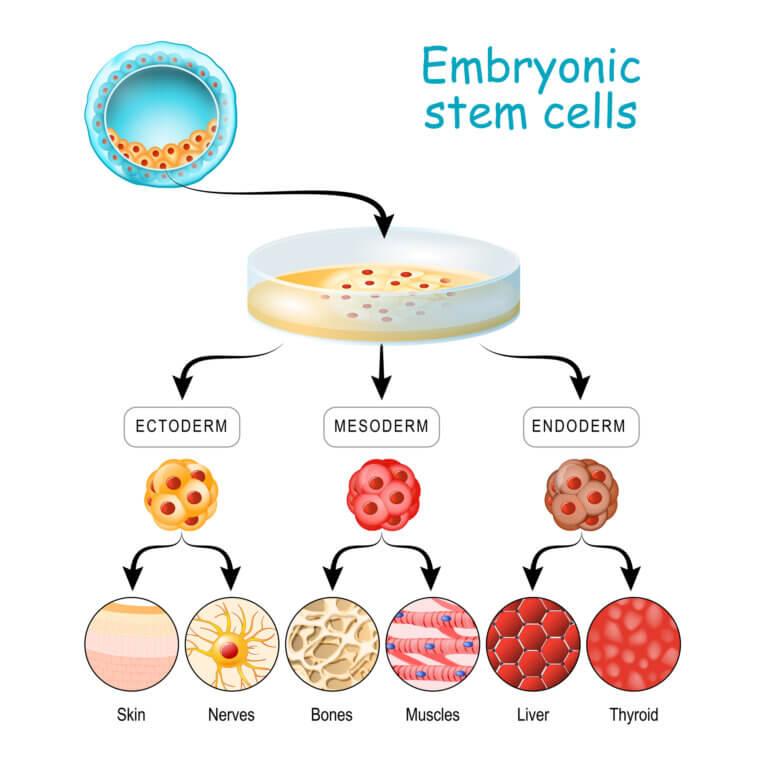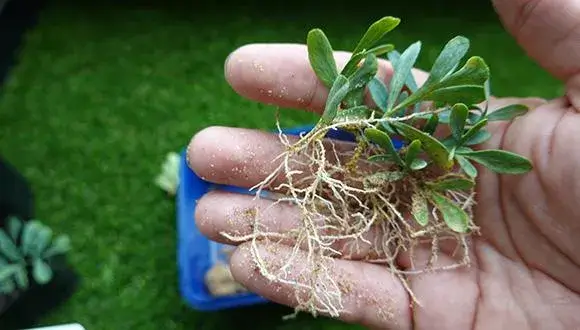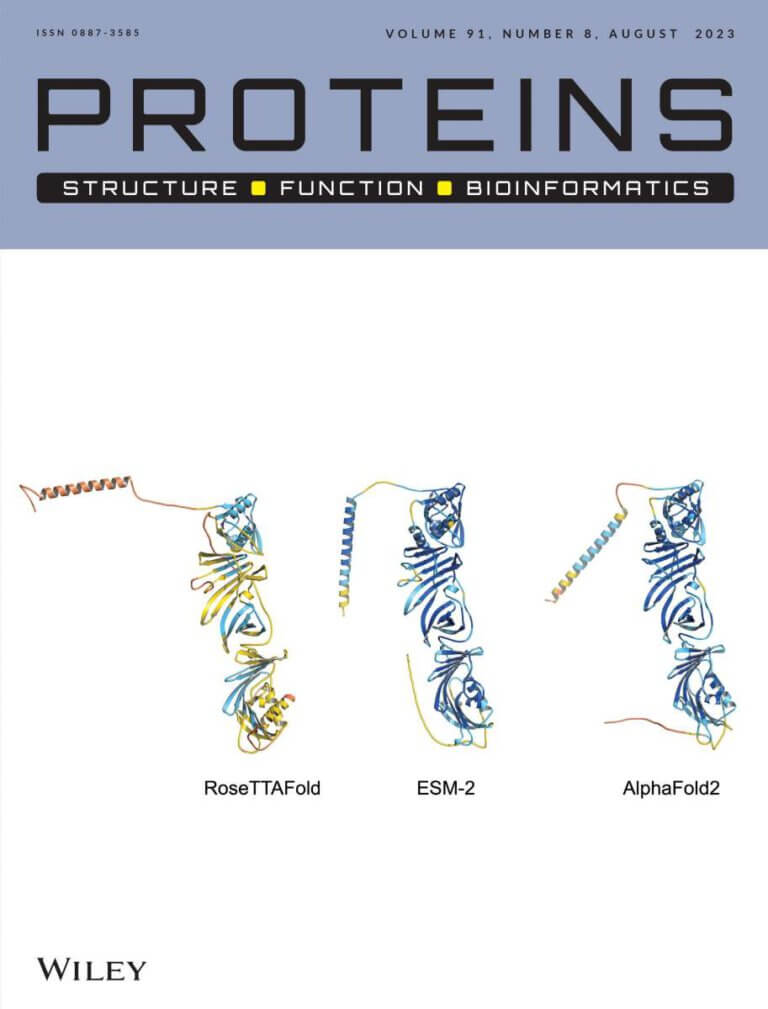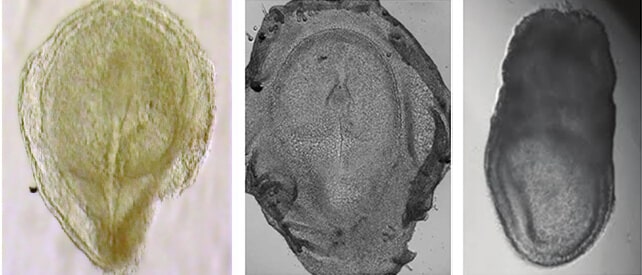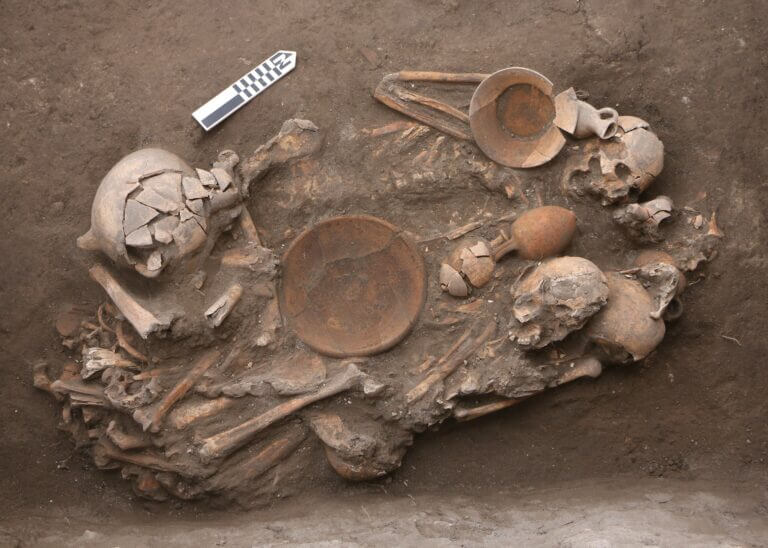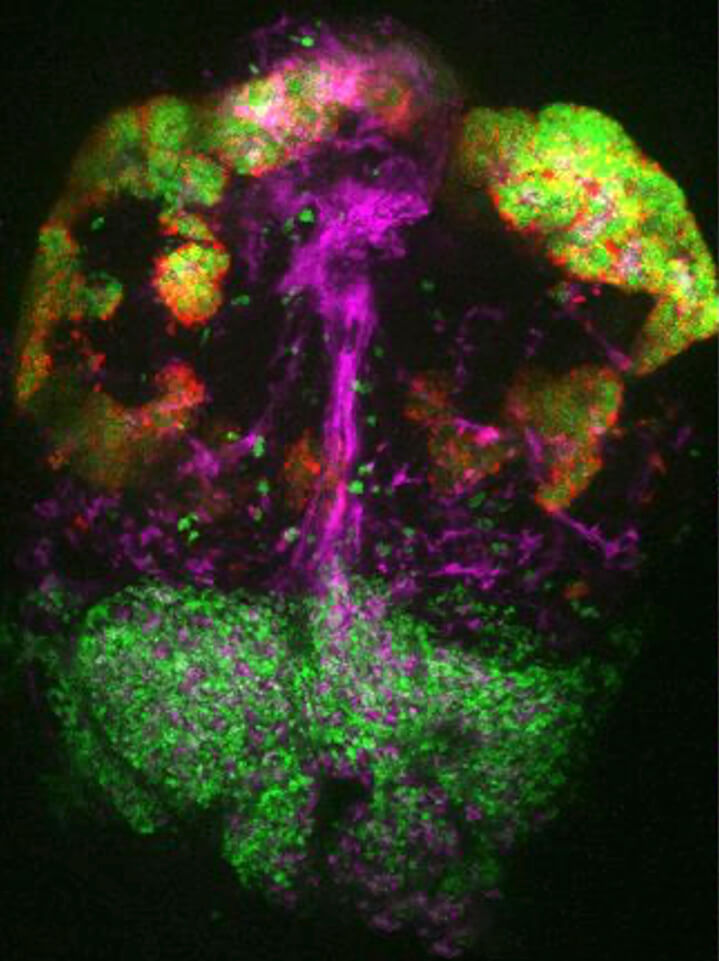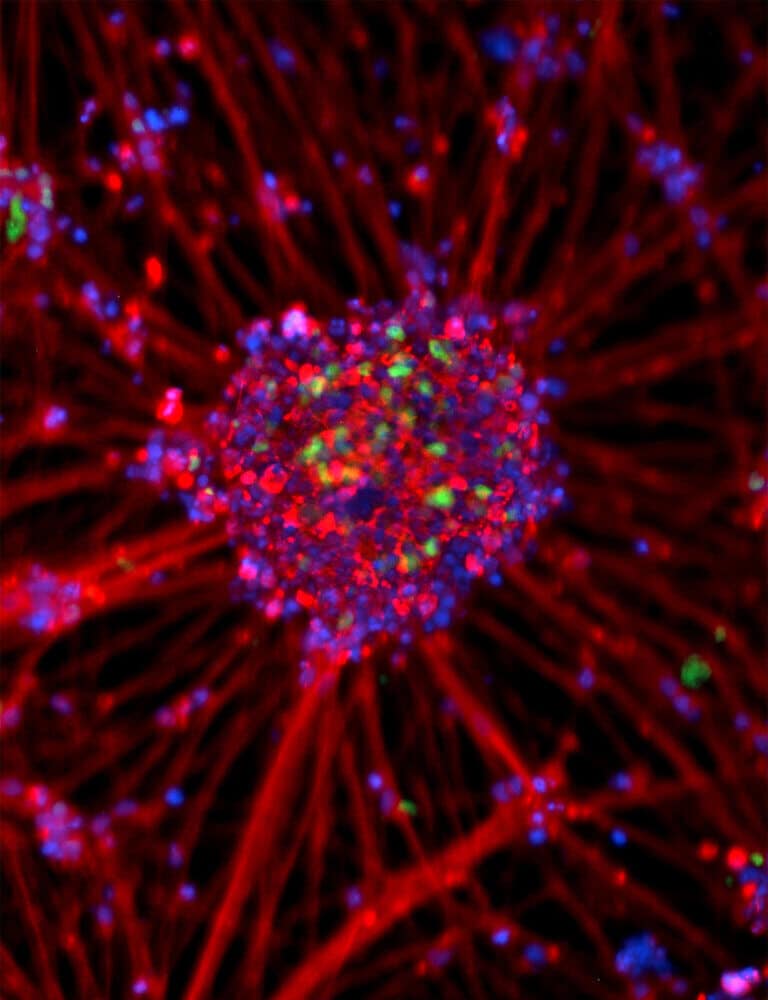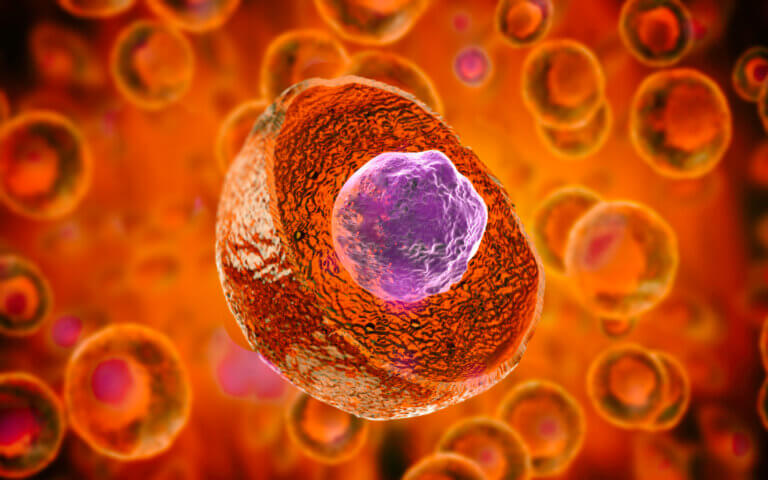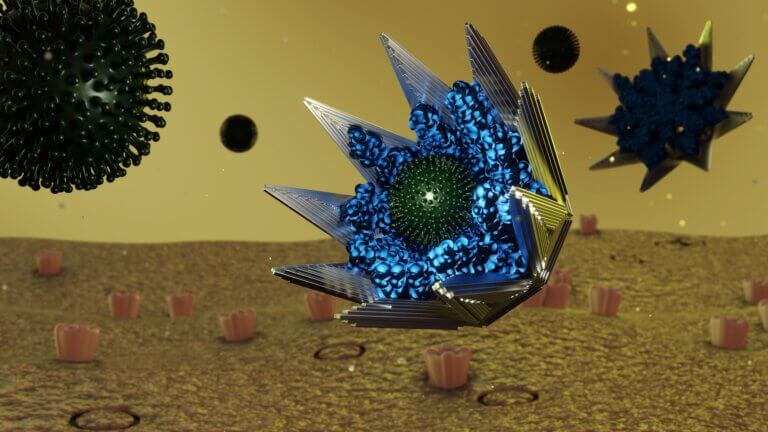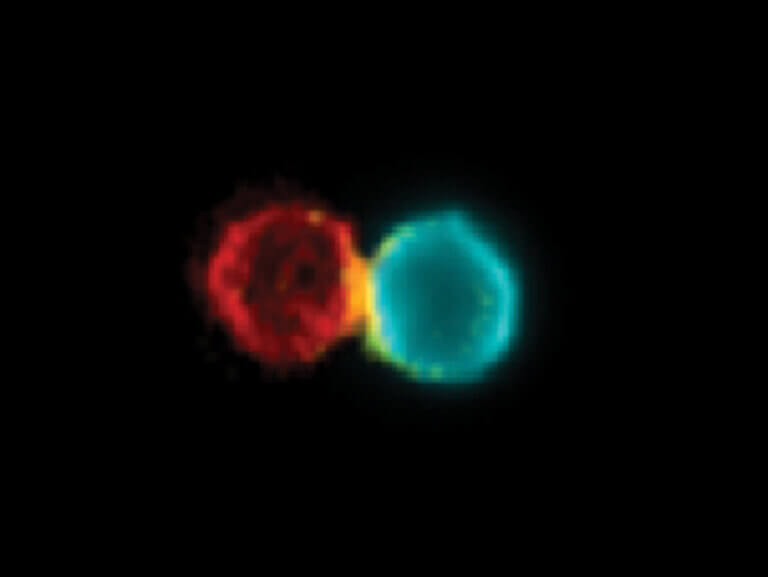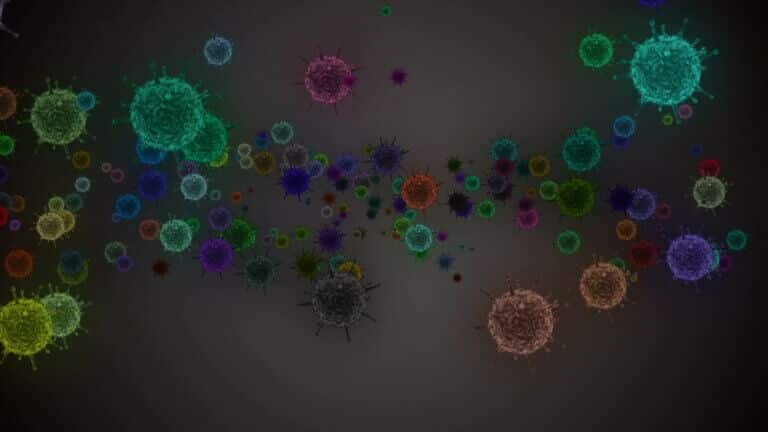Hayadan > Biology and Medicine > Genetics
Genetics
- Dr.Roey Tsezana
- May 3, 2024
The changes are intended to prevent the body from becoming infected with dormant viruses that may be present in the kidney, and in any case the kidney is designed to fit the specific patient
- Weizmann Institute
- April 28, 2024
The institute's scientists have developed a method for detecting the neurological effects of psychedelic drugs. Middle: Zebrafish on hallucinogenic mushrooms. The goal: to pave the way for more effective treatments for depression and other mood disorders
- Dr.Roey Tsezana
- April 25, 2024
The Light Bio company has developed petunia plants that contain a lighting garden of fireflies. Will they give up the street lights?
- Weizmann Institute
- April 24, 2024
An artificial intelligence model sheds light on the specialization pathway of muscle cells and reveals an important control node along the way
- Weizmann Institute
- April 22, 2024
Research in field mice under conditions simulating a natural environment reveals the different strategies used by females and males in creating social hierarchies
- Weizmann Institute
- March 28, 2024
- Dr.Roey Tsezana
- March 28, 2024
An American farmer who illegally cloned a giant sheep - and tried to develop a new hybrid species throughout the United States and release it into the wild
- Avi Blizovsky
- March 22, 2024
- No comments
Dutch researchers found that this process happens all the time and damages all genes, but the longer the genes, the more likely they are to be damaged because they have more sites. Especially the great damage is to nerve cells due to their inability to regenerate
- Weizmann Institute
- March 20, 2024
Scientists of the Weizmann Institute of Science have discovered a new species of Schmer that is able to push the legs of other species that may be dangerous to health; The scientists named the new species after Dr. Chaim Weizman
- The Voice of Science website - the Israel National Science Foundation
- March 14, 2024
Researchers discovered which genes are required for each stage of cell differentiation into neural stem cells and neurons, i.e. for brain development, and which of them are involved in diseases of the nervous system
- Weizmann Institute
- March 10, 2024
on the cellular division plan
- The Hebrew University
- March 3, 2024
- No comments
A study by researchers at the Hebrew University found that in mature cells derived from stem cells, which are used in the field of regenerative medicine that focuses on renewing living tissues and creating organs for transplantation, cancerous mutations may appear
- Tel Aviv University
- March 1, 2024
Researchers have discovered a way to significantly optimize the rooting process in the natural genetic cloning process of plants
- Weizmann Institute
- February 29, 2024
Weizmann Institute scientists have shown in a mouse model that the drugs succeed in penetrating through the blood-brain barrier, delaying the progression of the disease and even reversing it
- Weizmann Institute
- February 21, 2024
Collaboration between Israeli researchers, Chinese students and artificial intelligence reveals new wrinkles between the folds of orphan proteins and updates chapters in the theory of evolution
- Weizmann Institute
- February 17, 2024
The institute's scientists developed a method that allows real-time monitoring of the development of embryos at the beginning of their journey and applied it for the first time to rabbits. The comparison they made between embryonic development in rabbits and mice gave rise to answers to fascinating questions about the formation of humans
- The Voice of Science website - the Israel National Science Foundation
- February 12, 2024
The DNA analysis showed that the Canaanites were created from the mixing of populations that migrated to the southern Levant mainly from the Caucasus region (or western Iran) with ancient local populations that stayed there, a process that lasted at least 1,000 years
- Weizmann Institute
- February 6, 2024
Weizmann Institute scientists are challenging a 200-year-old doctrine about the formation of the gland from the secretion of hormones. Their findings may lead to new approaches in the treatment of various medical problems
- Ben-Gurion University
- February 5, 2024
- No comments
One of the diseases resulting from such mutations in the PHOX2B gene is the disease CCHS. This is a rare and life-threatening syndrome in which babies, children and adults stop breathing as soon as they fall asleep. The patients must be connected to ventilators in order not to die in their sleep
- The Voice of Science website - the Israel National Science Foundation
- February 4, 2024
Researchers have built cellular models of genetic diseases such as fragile X syndrome and found the mechanism that causes them
- Weizmann Institute
- January 27, 2024
An algorithm developed by the institute's scientists heralds a leap forward in the field of humanizing antibodies and may enable the rapid, efficient and cheaper development of new drugs. The key: stability
- Tel Aviv University
- January 25, 2024
The scientific breakthrough will help increase the yield of plants in drought conditions
- Weizmann Institute
- January 21, 2024
Weizmann Institute of Science scientists have developed a new approach to immunotherapy based on communication between the cells of the immune system
- Weizmann Institute
- January 20, 2024
The growth of wheat has become an Israeli symbol of hope and renewal after a disaster. So are Prof. Avraham Levy's field experiments in the Gaza Envelope, which continue a glorious Israeli legacy of researching the evolution and genetics of the world-famous grain
- Weizmann Institute
- January 11, 2024
Drug safety tests often focus on "physiological safety", meaning their possible effect on patients. Weizmann Institute of Science scientists propose a new type of test: evolutionary safety


